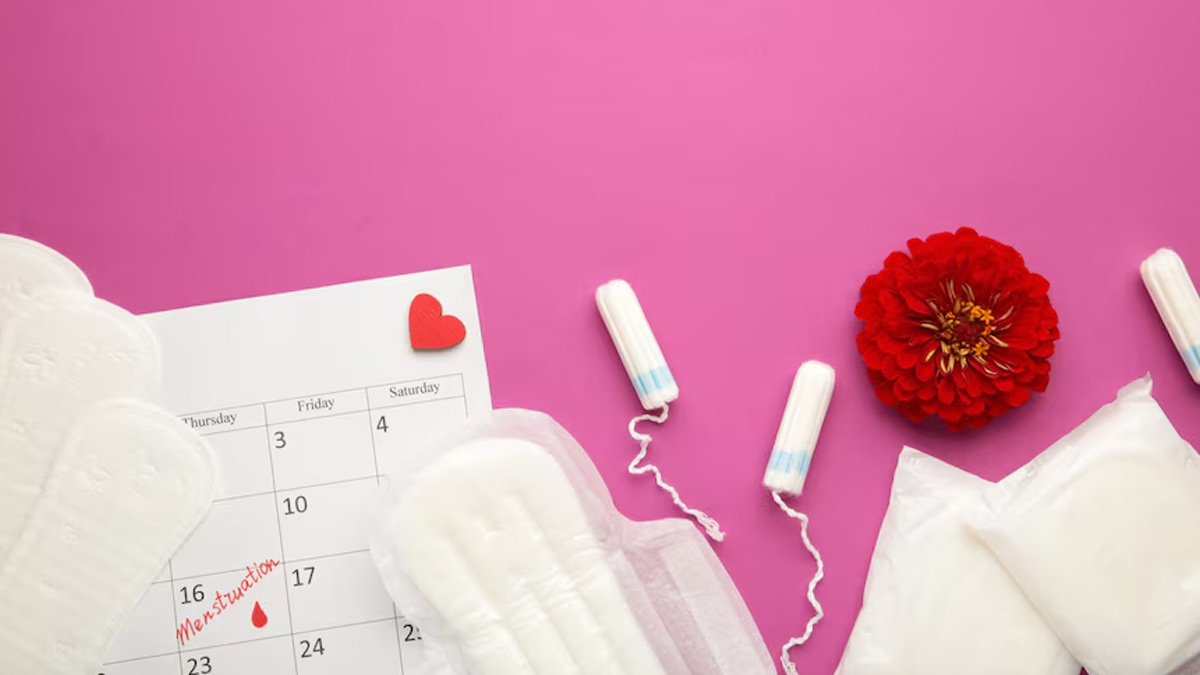
The monsoon season, while providing much-needed relief from the heat, brings its own set of challenges. The increased humidity can cause discomfort and increase the risk of infections, making menstrual hygiene particularly troublesome during this time. We spoke to Dr Arushi Mishra, Subject Matter Expert at Comfene, a menstrual hygiene brand, to understand the unique challenges women face during the monsoon season and to gather effective solutions and practical tips for staying comfortable and healthy.
Table of Content:-
According to a 2020 study, menstrual hygiene involves essential practices, such as using sanitary pads or clean, soft absorbents, thoroughly washing the genital area, and properly disposing of used absorbents. These measures, along with addressing other specific healthcare needs during the monthly menstrual cycle, are crucial for women. Maintaining good hygiene during menstruation is vital to prevent adverse health outcomes.
Challenges In Menstrual Hygiene During Monsoon
Issues with Sanitary pads
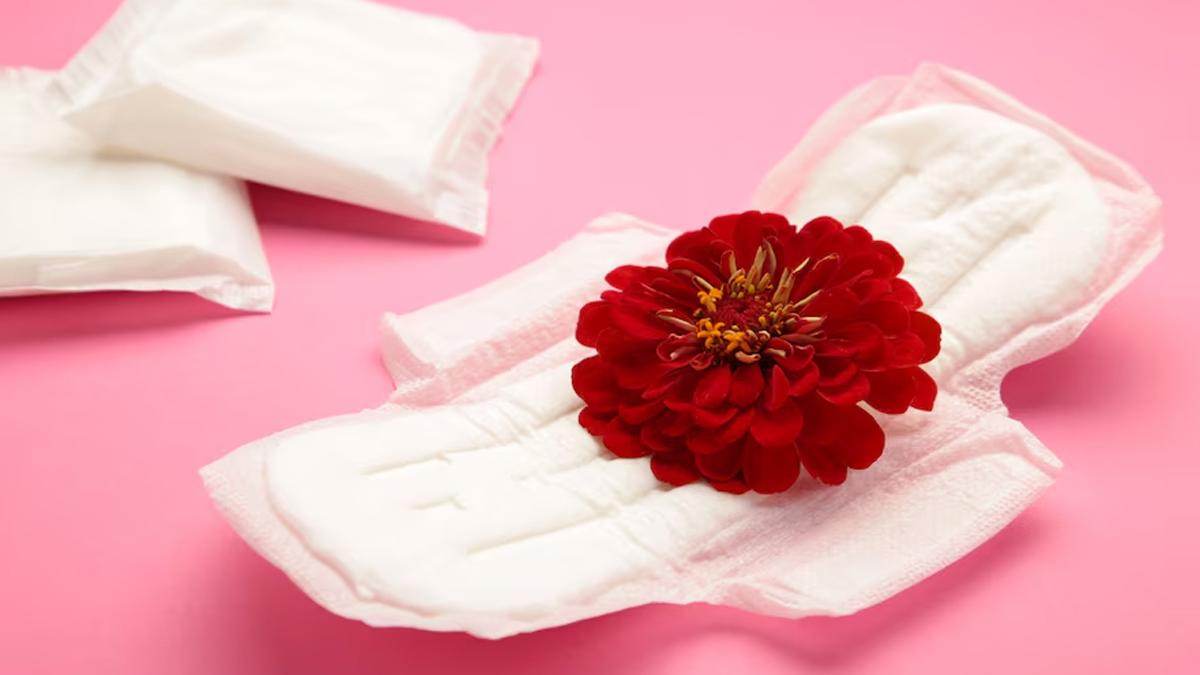
Disposable sanitary pads are a popular choice for menstrual hygiene. However, using them during the monsoon season can be a challenge. “Sanitary napkins lose their absorbency fast which results in leakage and rising skin moisture, thereby causing discomfort due to a constant damp feeling. This could also escalate the chances of infections,” said Dr Mishra.
Improper disposal of Sanitary Pads
The monsoon season not only impacts menstrual hygiene but also presents a challenge in the proper disposal of sanitary pads. Improper disposal during the monsoon can lead to serious health issues.
Improperly disposed sanitary products can become breeding grounds for bacteria and viruses. “This can increase the risk of infections, such as gastrointestinal and skin infections for people living near these waste sites. When sanitary pads are disposed of in open areas or bins that are already full, they tend to attract flies and insects, which can lead to disease transmission in environments prone to heavy rainfall,” added Dr Mishra.
Also Read: Menstrual Cup Vs Disc: Expert Lists Pros And Cons For Each Product
Hygiene Concerns
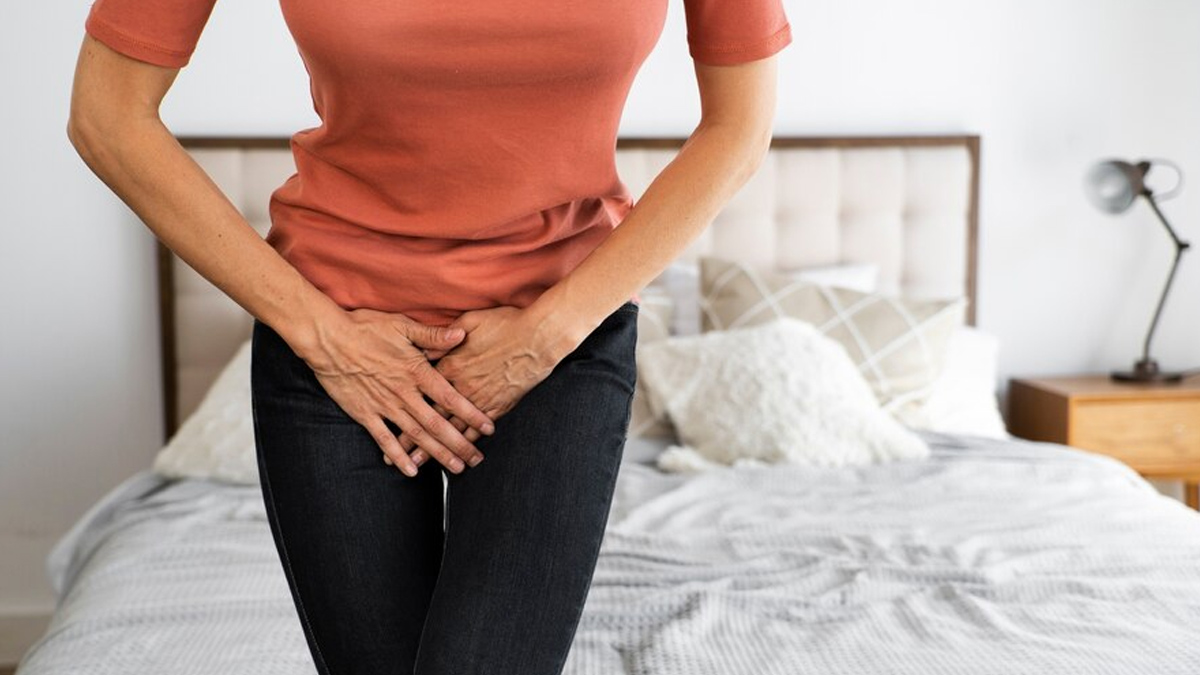
Maintaining menstrual hygiene can be more challenging in humid weather. The combination of sweat and menstrual blood can create a moist environment that promotes bacterial growth, increasing the risk of yeast infections or bacterial vaginosis.
Increased Humidity
The monsoon season is synonymous with humidity and dampness, which can lead to stickiness and irritation. This dampness creates a breeding ground for bacteria and fungi, increasing the risk of infection.
How To Maintain Menstrual Hygiene During Monsoon
Frequently Changing Sanitary Pads
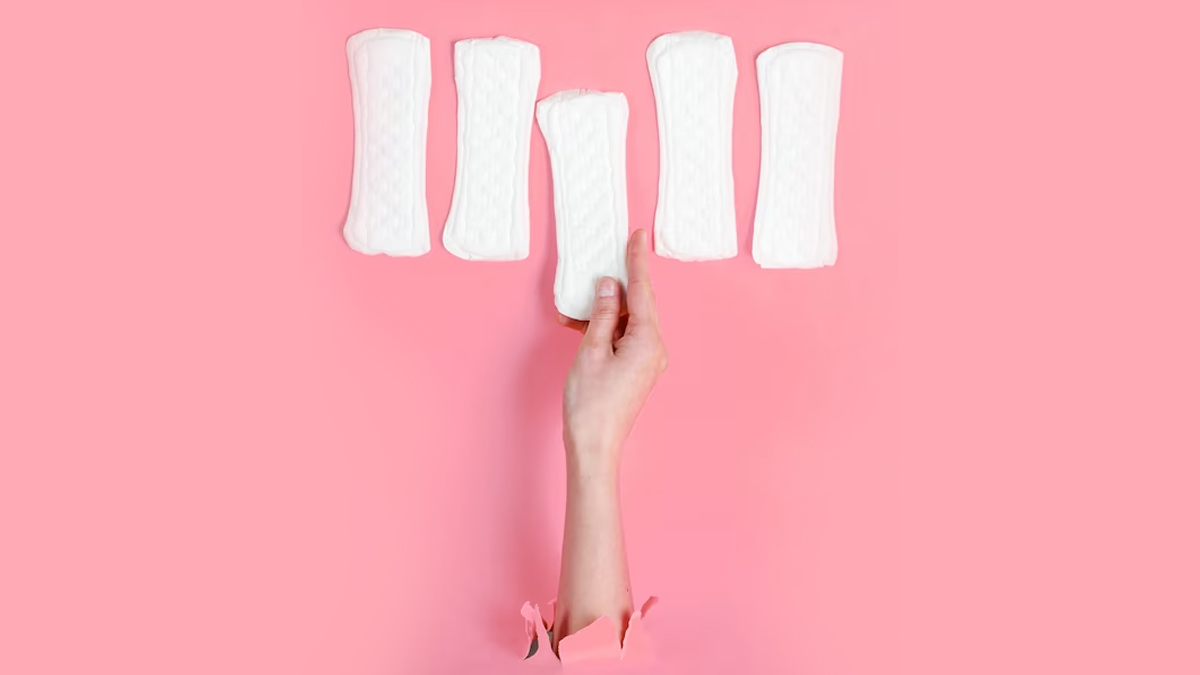
“By frequently changing sanitary pads, you can ensure that their absorbency is always fresh and working optimally. Fresh sanitary pads absorb liquids more easily and feel drier and cleaner for longer, reducing discomfort and the risk of infection”, said Dr Mishra.
Choosing the right sanitary pad
For a comfortable and dry period during the monsoon season, choosing the right sanitary pad is essential. One should use sanitary pads that feature a highly absorbent core to lock in fluid, and a comfortable dry cover for a gentle feel. It should also be equipped with anti-bacterial properties, which can help prevent odour-causing bacteria.
Also Read: Menstrual Health After Childbirth: Expert Insights And Tips For Managing Postpartum Periods
Graphene-infused sanitary pads
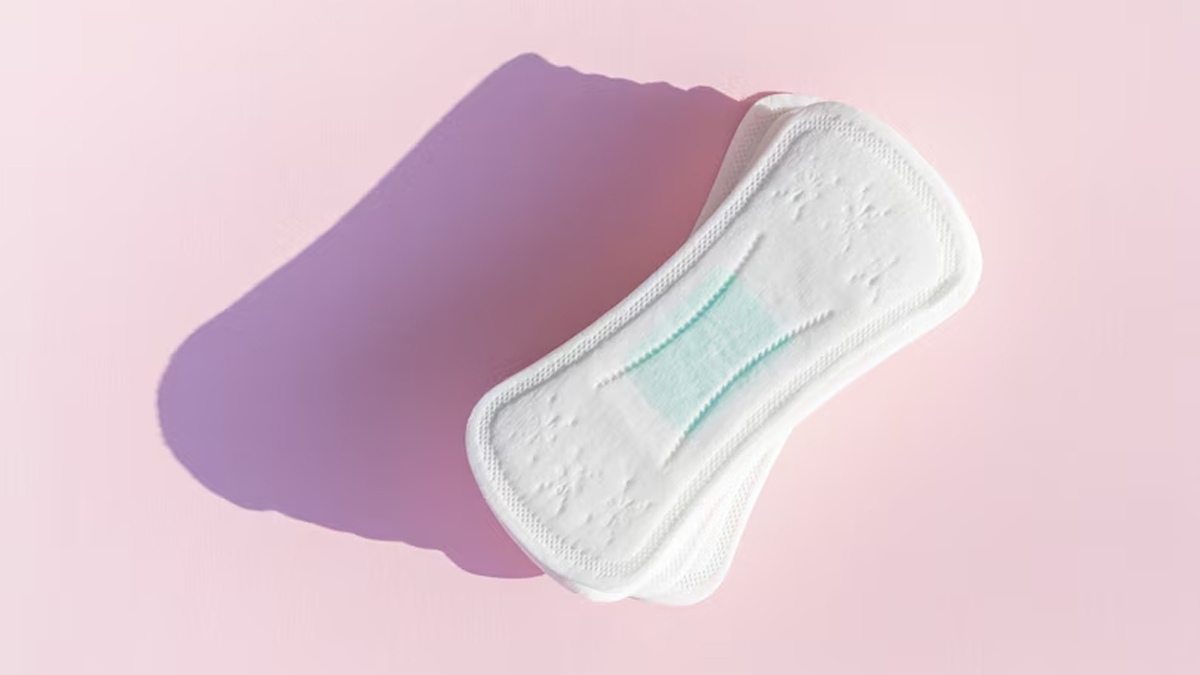
Graphene-infused sanitary pad takes menstrual hygiene to a new level. The benefits of graphene include enhanced absorbency, effective management of menstrual flow, prevention of leaks, and maintenance of dryness.
“Since graphene is heat dispersing in nature, the use of this material while infused in the sanitary pad can greatly improve blood circulation which, in turn, can help alleviate cramps by up to 90%. This comprehensive approach ensures not just protection but also relief from discomfort, making graphene-infused sanitary pads a holistic solution for one’s menstrual needs,” highlighted Dr Mishra.
Proper disposal strategies
During the monsoon season, you should plan and pack a few extra disposal bags just for sanitary pads. These leak-proof bags can store used sanitary pads until you find a designated bin. Paying attention to proper disposal methods and adopting responsible practices can help minimise the negative impact of menstruation on the environment and public health during the monsoon season.
Bottomline
Dr Mishra concluded, “Monsoon season brings unique challenges to menstrual hygiene, however, by prioritising good hygiene habits and trying alternative solutions, you can stay healthy and comfortable during your menstruation. By following the tips and solutions discussed in this article, one can tackle the increased humidity with confidence.”
[Disclaimer: This article contains information provided by an expert and is for informational purposes only. Hence, we advise you to consult your own professional if you are dealing with any health issues to avoid complications.]
Also watch this video
How we keep this article up to date:
We work with experts and keep a close eye on the latest in health and wellness. Whenever there is a new research or helpful information, we update our articles with accurate and useful advice.
Current Version